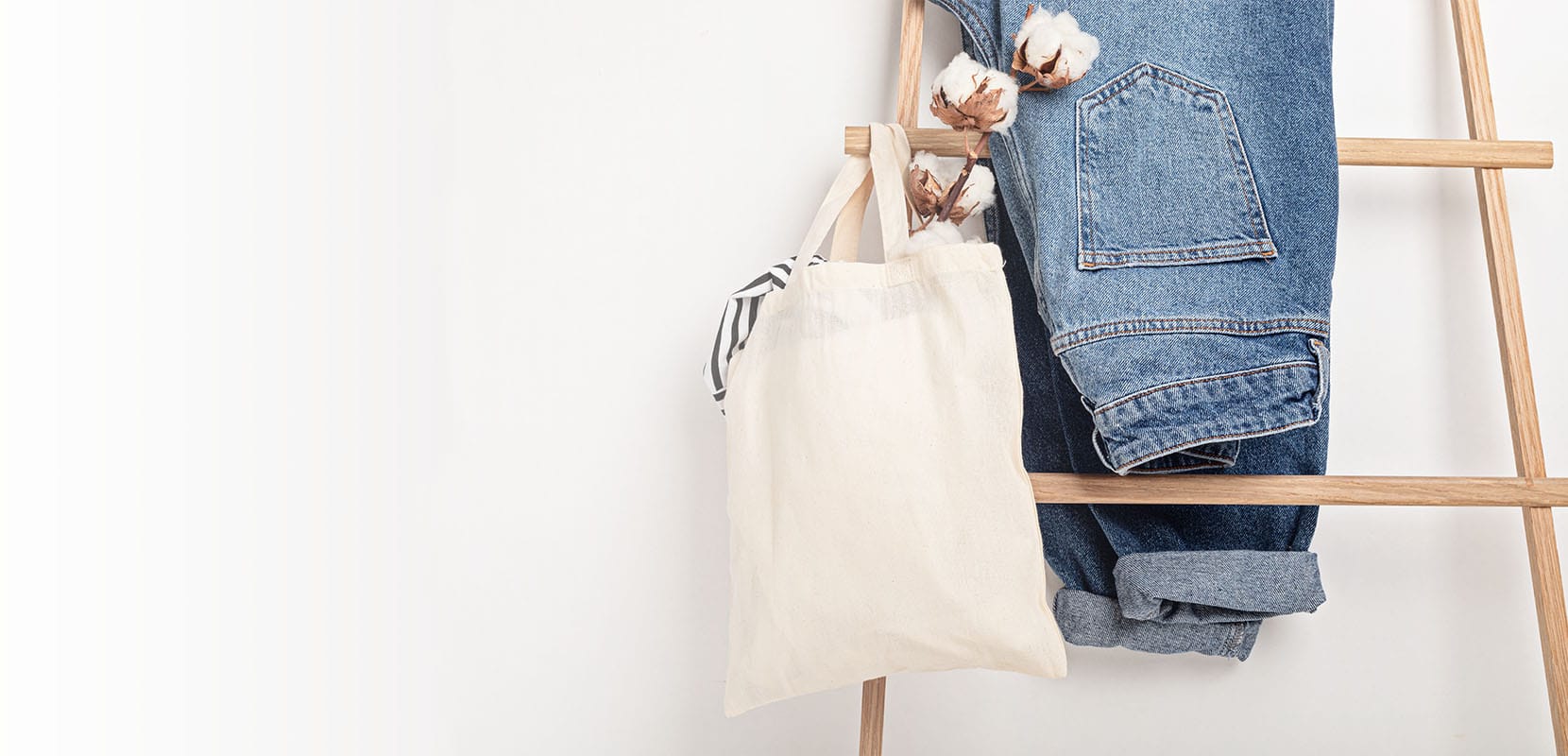The fast fashion business model, with its mass production and high volume of fast-moving merchandise wrapped in vast amounts of packaging, has a long way to go in terms of sustainable practices. Yet increased pressure on fashion retailers – particularly from consumers – to be more sustainable means the time for change is here.
According to research conducted by Google, nearly two-thirds (62%) of shoppers said they cared about at least one aspect of sustainability when purchasing online in 2020.1 This figure is significant and is likely to drive organizations to become more innovative in how they meet consumer demand.
Sustainable business models
Most brands – from start-ups to more mature businesses – are considering how they can reshape their traditional business models to support a circular economy, with several new approaches being adopted.
Rental
In recent years, we have seen an increase in retailers offering customers the opportunity to rent rather than buy their products. According to research by GlobalData, the UK clothes rental market is expected to reach £2.3 billion by 2029.2
Subscription
More products are now sold through monthly/bi-annual subscriptions, from flowers to toilet paper, razors to weekly meal kits, and even clothing. Through a partnership with CaaStle, large fashion retailers Moss Bros and LK Bennett have recently adopted the trend to deliver subscription clothing rentals.
Repair and upcycling
Retailers are encouraging consumers to repair and restore their existing purchases rather than automatically looking to replace them with a new item. Creative campaigns such as Dylon Dye’s ‘Re-dye don’t re-buy’ or Farfetch’s repair services are aiming to make a positive change in the industry.
Made to order
Over-production and waste are well-known issues within retail. Made-to-order products aim to reduce waste by only manufacturing products once consumers have committed to buy. Kitri is one example of a brand that has adopted this model, making monthly collections and weekly drops of smaller quantities.
Resale
Second-hand and resale is expected to grow rapidly over the next five years, according to data from online thrift store thredUP.3 This can be evidenced through the recent acquisition of Depop by Etsy for approximately $1.625 billion4, as well as the introduction of more buy-back schemes. Large retailers like IKEA and John Lewis reward their customers for returning their unwanted furniture and clothing for resale.
Creating a circular business
Ambitious businesses are experimenting with not one but several of these models. For example, last year Selfridges announced the launch of its new sustainability plan ‘Project Earth’, which sets out to integrate circular business models permanently and prominently into the wider business. It introduced rental and resale platforms through partnerships with HURR and Depop, respectively, and in-store repair and garment upcycling services in partnership with the world’s first upcycling platform RETURE. Most recently, Selfridges has unveiled a pilot scheme called ‘RESELLFRIDGES: The Wedding’, providing rentals for the notoriously wasteful wedding market.
Seeing fashion retailers invest in creating a circular economy is welcome, but the next challenge will be delivering these models at scale and pace while staying true to their sustainability promises. There are some companies guilty of ‘greenwashing’ and essentially using sustainability as a growth driver to gain custom rather than for genuine sustainability reasons. Without pure intentions and scale, however, the industry will be unlikely to affect systemic change in the fashion economy nor keep up with consumer demand.
How can organizations embed this change in a sustainable way?
Stay authentic to your sustainability purpose
Stress-test all elements of your business and operating models against your sustainability strategy and vision. Use it as your golden thread, ensuring it is woven into all aspects of your business and with sustainability being a key factor in your decision-making. Making sustainability a core driver of the new business model will ensure it truly delivers sustainable value and reduces the risk of potential greenwashing.
Make sustainable shopping hassle-free and accessible
The success of these models is heavily reliant on consumer uptake and behavioral change. While there is clear consumer demand for more sustainable options, shifting customers away from the convenient and affordable nature of the traditional and online shopping model will be challenging. It is therefore crucial to adopt a customer-led approach and place your customer at the heart of the business model design, listening to their needs to ensure customer journeys are seamless and hassle-free.
Harness technology to accelerate change
The fashion industry of tomorrow cannot be implemented without the technology of tomorrow. For example, Depop could not exist as a business with the technology that was available 15 years ago. Fashion retailers must develop a structured approach to supporting technological innovation in their businesses, both by strengthening their internal teams and building an ecosystem of technology partners.
Sustainability is no longer a differentiator but a must-have for businesses to thrive. The entire retail industry must make immediate and systemic change, applying greater innovation across their business models rather than simply deploying greenwashing tactics to win more custom.
1 8 ways consumers in the UK adapted their shopping behaviour this year | Think with Google
2 Clothing rental services – a viable option for UK consumers? | Retail Gazette
3 2021 resale report | ThredUP
4 Etsy completes acquisition of Depop – the global fashion resale marketplace for Gen Z | Business Leader


Sustainability is no longer a differentiator but is a must-have for businesses to thrive. Take our five-minute self-assessment for a temperature check on where you sit on the scale today.


